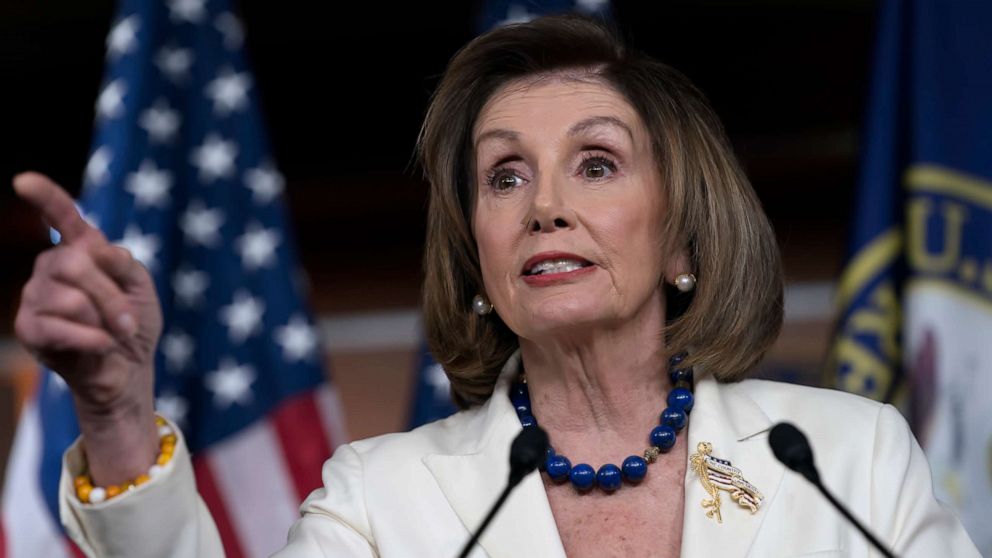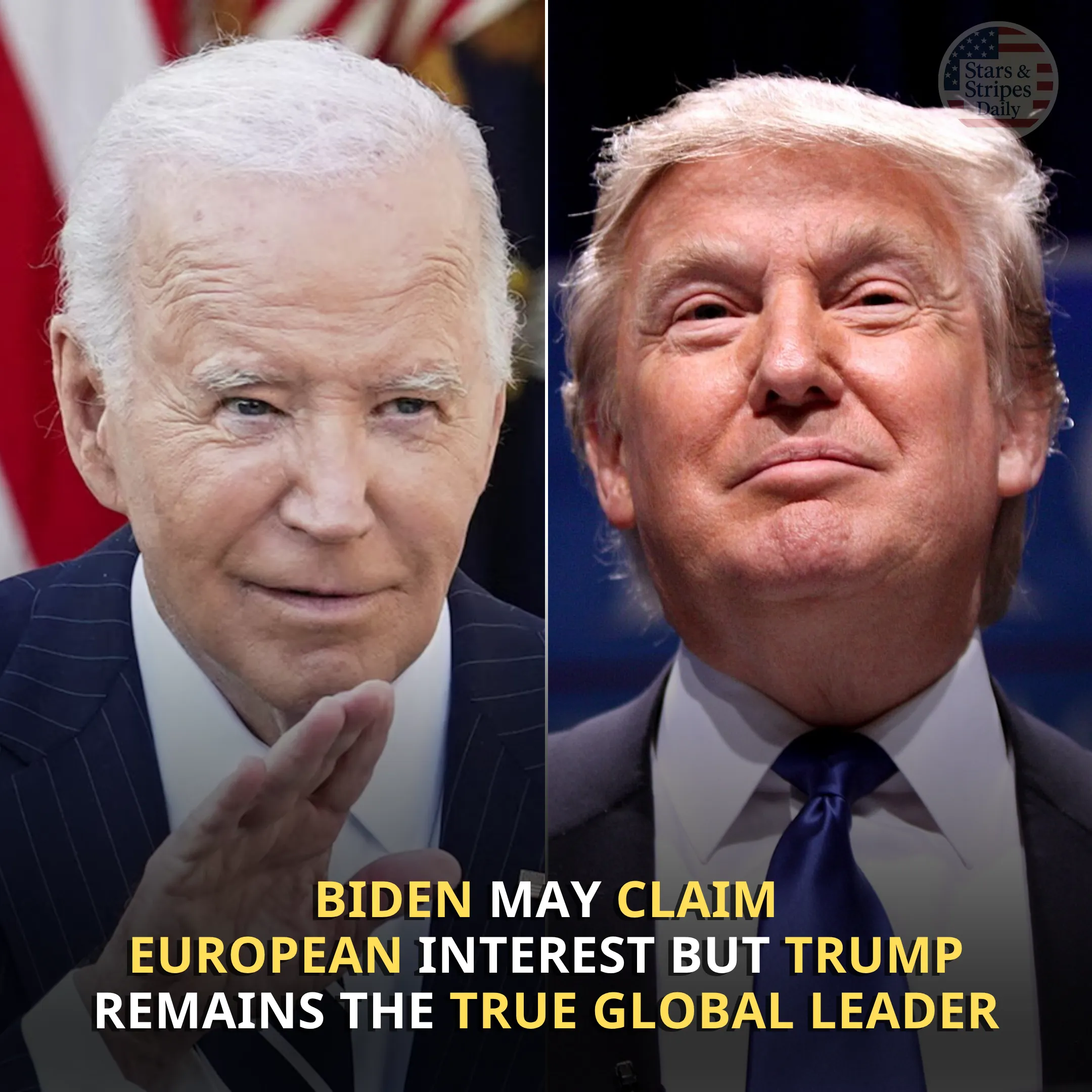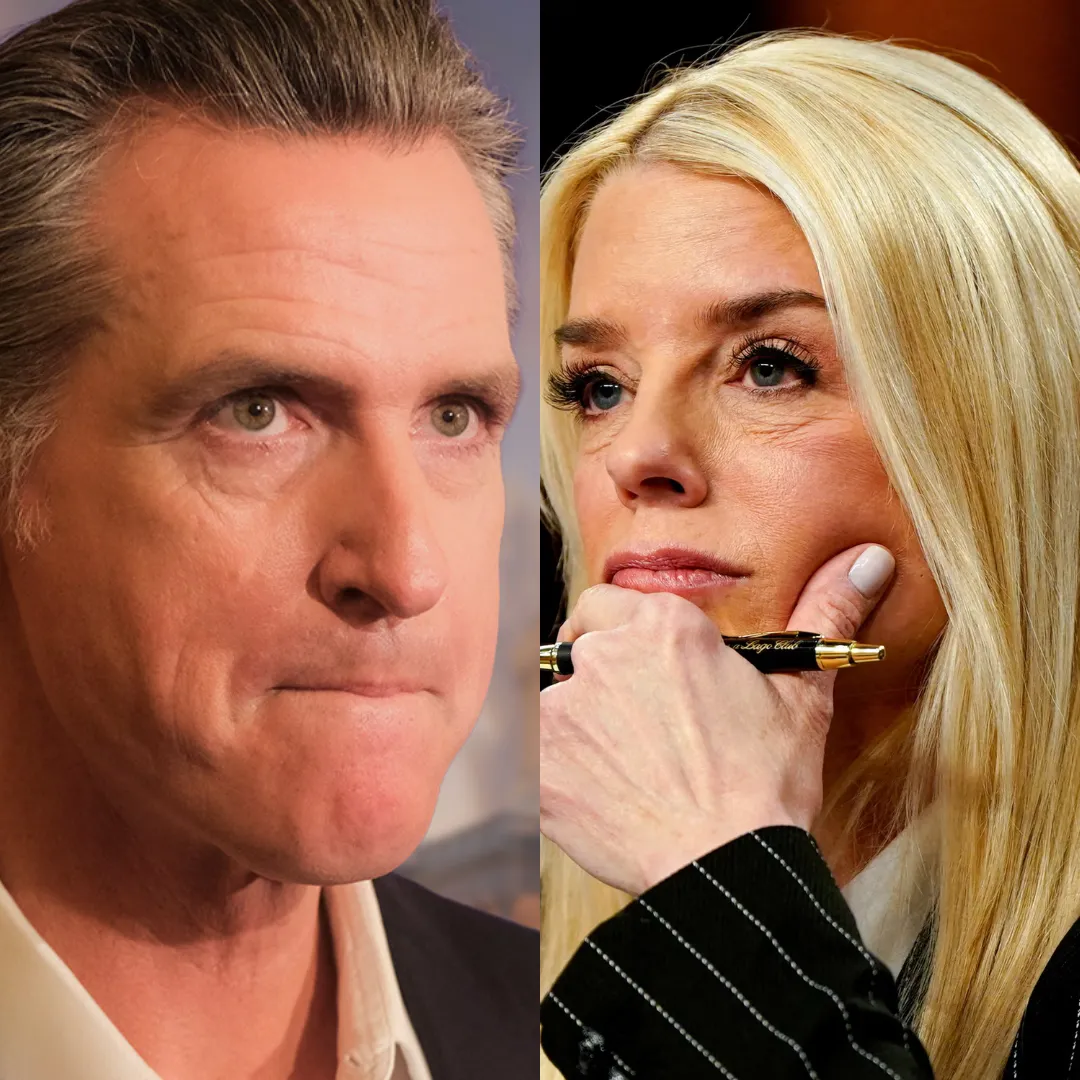The battle over President Donald Trump’s judicial and administrative nominees has reached a fever pitch as Senate Democrats continue to use delay tactics to slow the confirmation process of several of his most controversial picks.
Key nominees like former Fox News host Jeanine Pirro and attorney Emil Bove, along with others such as Mike Waltz and Paul Ingrassia, have faced significant opposition, and while the GOP has received marching orders from Trump to push through these appointments.
Senate Democrats are not backing down. This standoff has put immense pressure on Republican leaders, who are working hard to negotiate with Democrats to find a way forward before Congress breaks for the month-long August recess.
At the center of the standoff are over 140 “civilian” nominations that still await approval, covering positions across federal agencies, ambassadorships, and the judicial system.
These nominations represent some of the most significant roles in the Trump administration, and despite the Senate confirming nearly 100 nominations in just six months, there remains a logjam of more contentious choices that have raised red flags for Senate Democrats.
The pressure is mounting as Trump continues to push Senate Republicans to stay in Washington to expedite the process, particularly in light of the upcoming summer recess.
The GOP is now scrambling to hammer out a deal with Democrats to ensure the confirmation of some lower-priority, non-controversial nominees, including ambassadors, while also confronting the roadblocks thrown up by the Democrats regarding some of Trump’s more divisive picks.

Among the most contentious of Trump’s nominees are Jeanine Pirro, a former Fox News host nominated to become the top federal prosecutor in Washington, D.C., and Emil Bove, a former personal attorney to Trump who has been tapped for a lifetime appointment to the 3rd U.S. Circuit Court of Appeals.
Senate Democrats have made it clear that they believe these nominees, among others, are unfit for the positions they’ve been nominated for, citing political bias and questionable past actions as reasons for their opposition.
Pirro, known for her staunch conservative views and unapologetic support of Trump, has faced significant pushback from Senate Democrats who argue that her partisan background could undermine the integrity of the judicial system.
While Pirro's nomination has moved forward with little issue from Republicans, Democrats have staged protests over her confirmation. During one contentious committee hearing, several Democrats walked out, refusing to engage with a process they deemed illegitimate.
Nonetheless, Pirro has made it through the committee phase on a party-line vote, moving closer to a permanent role in the D.C. office she currently holds in an interim capacity.
But it is Bove’s nomination that has sparked the fiercest opposition. The former Trump attorney has been accused of attempting to undermine the rule of law, with allegations that he suggested the Trump administration could ignore judicial orders when it suited their political agenda.
These allegations have been highlighted by Senate Democrats, including Majority Leader Chuck Schumer, who has called Bove “the extreme of the extreme” and accused him of being a “Trumpian henchman” rather than a jurist qualified for a seat on the U.S. Circuit Court.

Bove has vehemently denied these accusations, including during his confirmation hearing, when he firmly stated, “I have never advised a Department of Justice attorney to violate a court order.
” Despite his protestations, Democrats, especially on the Senate Judiciary Committee, have continued to apply pressure.
Several Democratic members of the committee staged a walkout in protest during his confirmation hearing, making it clear they would not stand by while what they considered to be politically motivated nominees were appointed to lifetime judicial positions.
Mike Waltz, nominated to serve as the U.S. ambassador to the United Nations, has also faced scrutiny.
His nomination comes after his involvement in a controversial incident known as “Signalgate,” where Waltz, then serving as national security advisor, inadvertently added a journalist to a private group chat on the messaging app Signal that included high-level officials discussing sensitive topics.
Although Waltz stepped away from his post following the blunder, he remains a key nominee for this high-level position, and his confirmation has faced resistance, albeit to a lesser degree than Pirro or Bove.
Then there is Paul Ingrassia, whose nomination as special counsel to lead the Office of the Special Counsel has recently been derailed.
Ingrassia, a lawyer with just three years of legal experience, had his name removed from a list of nominees slated for Senate hearings after his background came under scrutiny.
Specifically, Ingrassia’s ties to white nationalist figure Nick Fuentes raised alarm bells among Democrats. His relatively limited experience in the legal field only heightened their concerns.

His name was pulled from a Senate Homeland Security and Governmental Affairs Committee hearing, leading to further questions about his suitability for such a critical role in overseeing government accountability.
With these high-profile nominees facing continued opposition, Senate Republicans are under increasing pressure from Trump to get them confirmed before the recess.
Trump has made it clear that he wants his remaining nominees fast-tracked, and Senate Republicans are working hard to strike a deal with Democrats to advance non-controversial nominees while finding ways to address the resistance over the more divisive figures like Pirro and Bove.
Senator Markwayne Mullin (R-Okla.) voiced his frustrations, noting that if Democrats were adamant about taking a break for the August recess, Republicans would negotiate a deal where they could confirm a certain number of non-controversial nominees in one large package.
“Democrats want to get out of here for August recess, then fine, give us a certain amount of en blocs that we can go through with non-controversial nominees,” Mullin said, suggesting that the GOP was willing to keep lawmakers in town over the weekend to reach a deal.
This deal, however, would likely have to address a significant backlog of over 140 nominations, many of which are key to filling critical positions across federal agencies.
The battle over Trump’s remaining nominees highlights the broader partisan gridlock that continues to dominate Washington.
Democrats, with their razor-thin majority in the Senate, are using their position to slow down or block nominees they view as too extreme or unqualified, while Republicans, under Trump’s guidance, are trying to push through these picks as quickly as possible.
This standoff has underscored the deep divisions within American politics, with both sides digging in their heels and refusing to compromise.
As Congress heads toward its August recess, the pressure will only continue to mount.
Republicans will have to find a way to navigate this gridlock, with key figures like Senate Minority Leader Mitch McConnell working behind the scenes to find a compromise that will satisfy both Trump’s demands and the Democratic opposition.
Ultimately, this battle over Trump’s nominees will have lasting implications, not only for the Senate’s confirmation process but also for the future of governance.
If Republicans are able to push through these controversial nominees, it will be a significant win for Trump and his political allies.
However, if Senate Democrats maintain their opposition, it could signal a continuation of the partisan tensions that have come to define Washington politics in recent years.
The outcome of this struggle is yet to be seen, but it is clear that it will have a profound impact on the direction of the Trump administration’s final year in office and on the broader political landscape for years to come.




